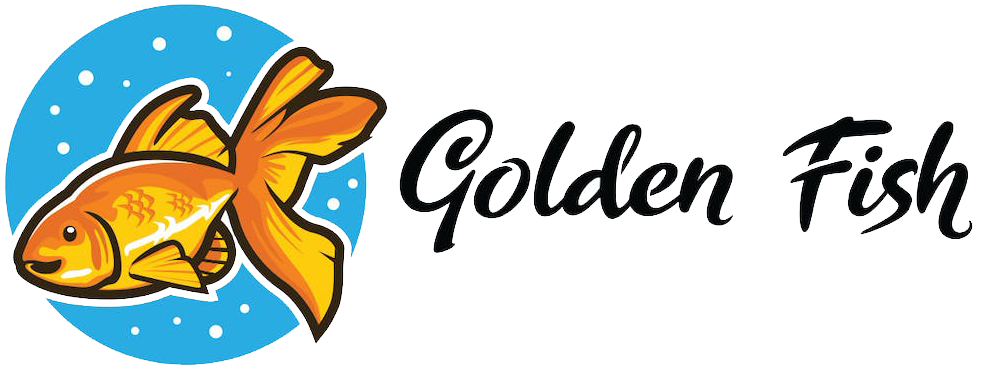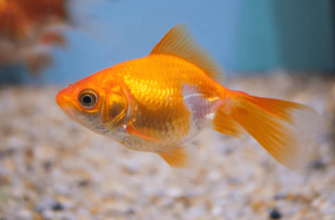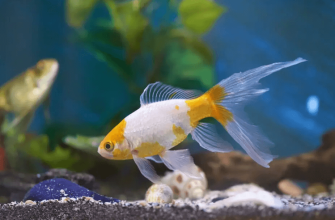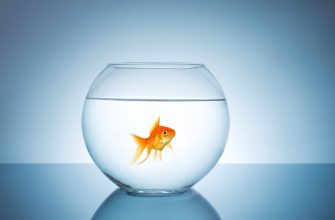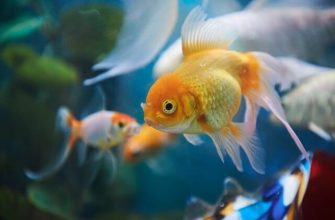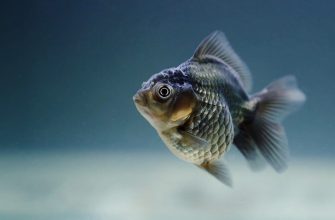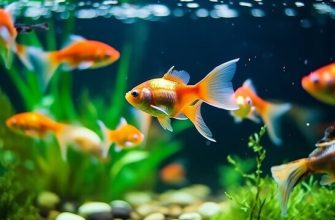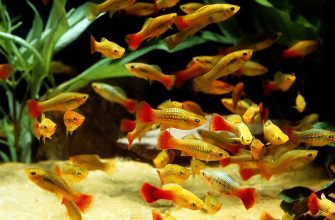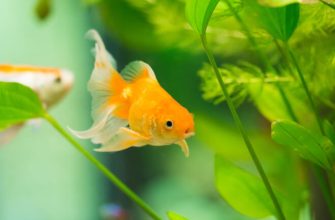Goldfish are beloved pets for many, thanks to their captivating colors and grace. Do they eat duckweed? Let’s explore the connection between them!
Omnivorous creatures, goldfish eat both plants and animals. They mostly get their nutrients from commercial fish food. But they’re also known to nibble on aquatic plants like duckweed.
Duckweed is a small floating plant that grows quickly, forming dense colonies. It’s high in protein, which is why goldfish find it appetizing. They’ve been seen consuming this plant for centuries. Early Chinese cultures even added duckweed to goldfish ponds, knowing it would be a nutritious food source. This is still done today in some places where goldfish are bred.
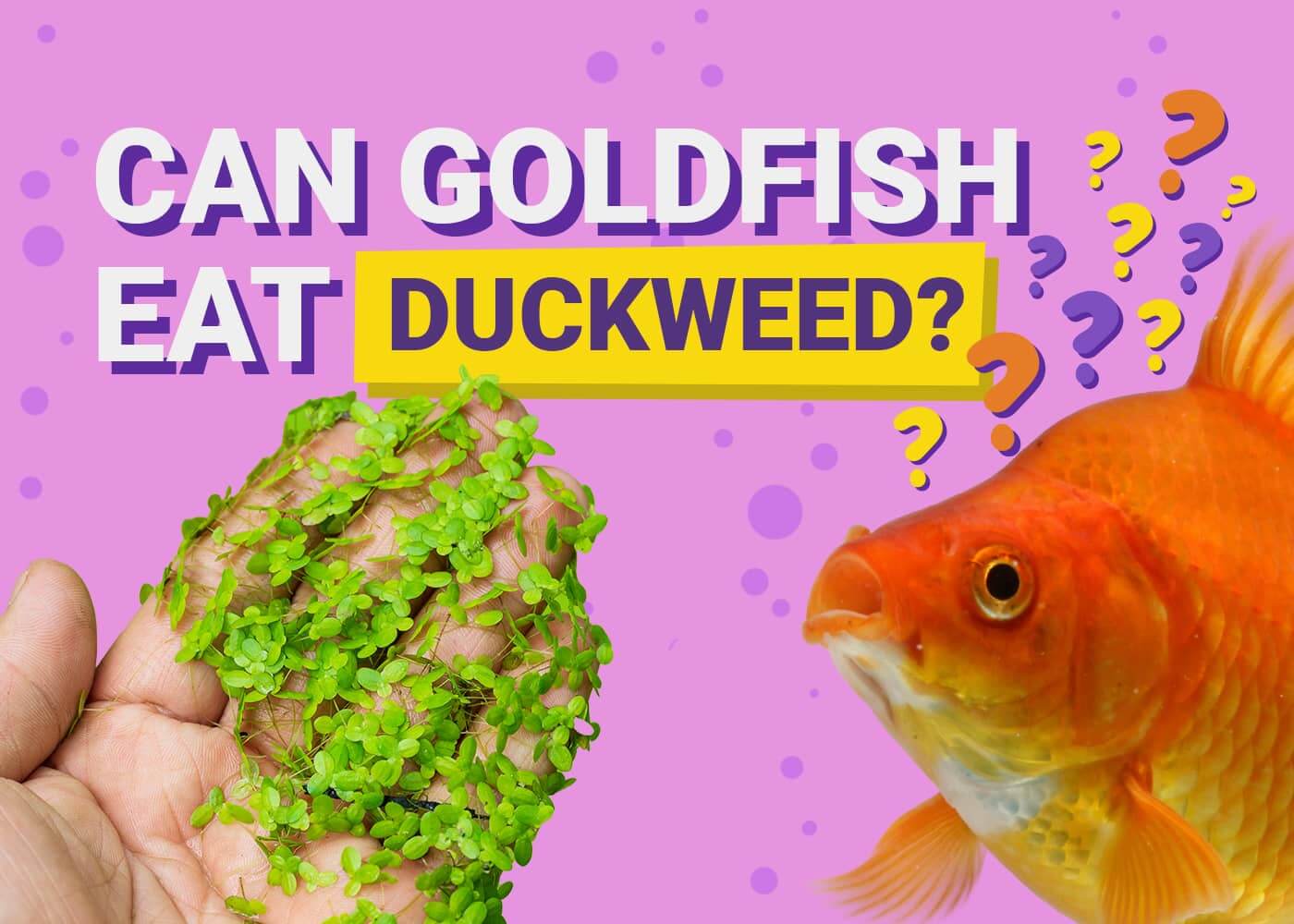
What is duckweed?
Duckweed is a tiny aquatic plant that floats on the surface of still or slow-moving waters. It looks similar to mini lily pads. This green plant grows all over the world’s freshwater habitats. It multiplies quickly, creating large colonies that can cover the entire surface of a lake or pond.
These colonies provide food and habitat for many aquatic organisms. Moreover, duckweed helps keep water quality balanced by absorbing nutrients like nitrogen and phosphorus. It provides nourishment for ducks and other waterfowl, as well as fish and invertebrates. Turtles munch on duckweed too!
Goldfish also enjoy eating this plant. Its small size and floating nature make it easy to access in ponds or aquariums. Adding duckweed to a goldfish’s diet gives them extra nutrients and replicates their natural feeding habits.
Pro Tip: Make sure to get duckweed from a clean source free of any pollutants or chemicals. Monitor your goldfish’s behavior during feeding time to see if they’re interested in this nutritious plant.
Characteristics of goldfish
Goldfish, with their vibrant hues and graceful swimming, have a range of unusual traits. Their stunning looks and lively behavior fascinate fish fans from all over the world.
- Striking Colors: Goldfish come in many colors, such as orange, red, white, yellow, and even multicolored types like calico and black moor.
- Distinct Body Shape: These entrancing fish have a distinct shape with a round belly, coupled fins, and a flowing tail. Their graceful movements create an elegant sight in any aquarium.
- Fast Adjustment: Goldfish are very adaptive to various situations. With proper care and attention to water factors like temperature and pH levels, they can live in ponds and indoor aquariums.
Furthermore, goldfish have a few lesser-known qualities. One of them is their amazing memory span. Contrary to the belief that they only remember for a few seconds, research shows that goldfish can remember for months. This amazing capability shows their smartness.
Goldfish also have a significant part in history. They are among the oldest domesticated fish species. They originated in ancient China over 1,000 years ago. People bred them for their wonderful colors and special features. The tradition of keeping goldfish spread through Asia during the Tang Dynasty and later to Europe in the 17th century. As time passed, they became admired pets of aristocrats due to their captivating appearances.
Goldfish carry unique features and boast a fascinating past in ancient culture. They remain beloved companions for many aquarists around the world. Their distinguishing characteristics make them an enduring symbol of beauty and elegance under the water.
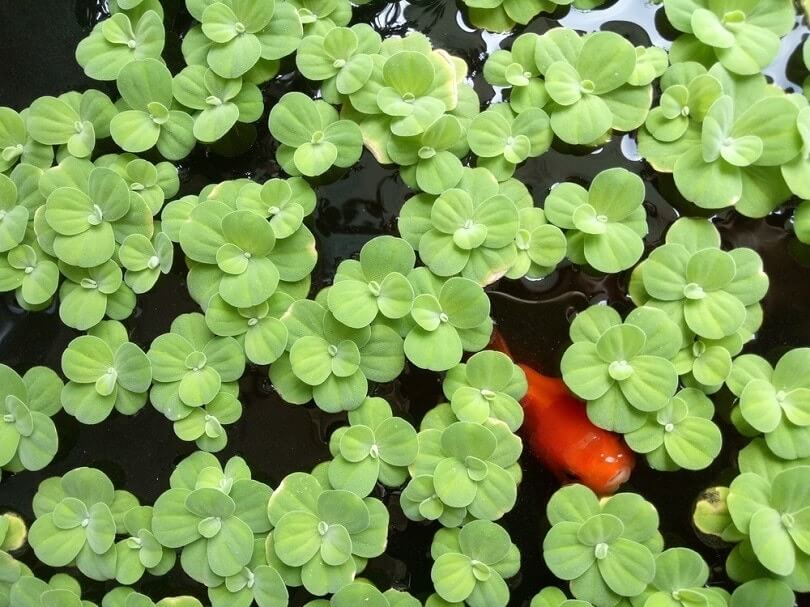
Can goldfish eat duckweed?
Can goldfish eat duckweed? Yes! Duckweed is a small aquatic plant that floats on the surface of water bodies. Goldfish find it appetizing. It is rich in essential vitamins and minerals, especially beneficial for younger fish. Its size is perfect for goldfish to consume, and its high protein content contributes to their health.
Also, duckweed is a great natural supplement for goldfish. It helps regulate their digestive system and prevents constipation. By incorporating duckweed into their diet, goldfish can maintain a balanced and healthy lifestyle.
Goldfish and duckweed have a long history. In ancient China, where goldfish were first domesticated, duckweed was one of the primary food sources. The combination of goldfish and duckweed was beneficial for both the fish and the environment.
Feeding goldfish with duckweed is an excellent choice. It provides them with essential nutrients and adds variety to their diet. So, give your goldfish some delicious duckweed for a happy and healthy companion!
Feeding goldfish duckweed
Duckweed is protein-packed, making it a great food for goldfish. It also contains vital vitamins and minerals, such as vitamin A, C, calcium, and potassium. Plus, it has carotenoids that can make your goldie’s colors more brilliant!
Moreover, duckweed is a natural source of fiber. It aids digestion and can help avoid constipation in captive fish. So, why not give your goldfish the benefits of duckweed?
Introduce this nutritious plant into their diet and watch them thrive. Give them optimal nutrition – your goldfish will be grateful!
Potential problems and precautions
Goldfish may face many issues and need certain precautions for their well-being. Let’s explore these in-depth.
We’ve compiled a table showing the possible problems and the precautions for goldfish:
| Potential Problems | Precautions |
|---|---|
| Overfeeding | Feed small portions multiple times a day. Remove uneaten food quickly to avoid water pollution. |
| Poor Water Quality | Test and maintain suitable water parameters. Do partial water changes to keep the environment clean. |
| Tank Size | Choose an appropriately-sized tank for your goldfish species. Avoid overcrowding. |
| Lack of Oxygen | Install a filter system or an air pump to keep oxygen levels in the tank. |
| Disease Outbreaks | Quarantine new fish before putting them in your main tank. Regularly watch out for signs of illness and act quickly if found. |
Goldfish are hardy, but can still be vulnerable to health issues without proper care.
Also, feed them a balance diet with quality fish food made for goldfish. Don’t give them too many treats or human food, as this can cause digestive issues.
Monitor and maintain the tank’s conditions to prevent possible issues. Check temperature, pH levels, ammonia, nitrite, and nitrate levels.
Creating a suitable living environment for your goldfish will help with their overall health and lifespan.
Remember, proper care starts with understanding their needs and addressing any concerns quickly. By following these precautions and implementing effective measures, you can create an ideal habitat for your goldfish.
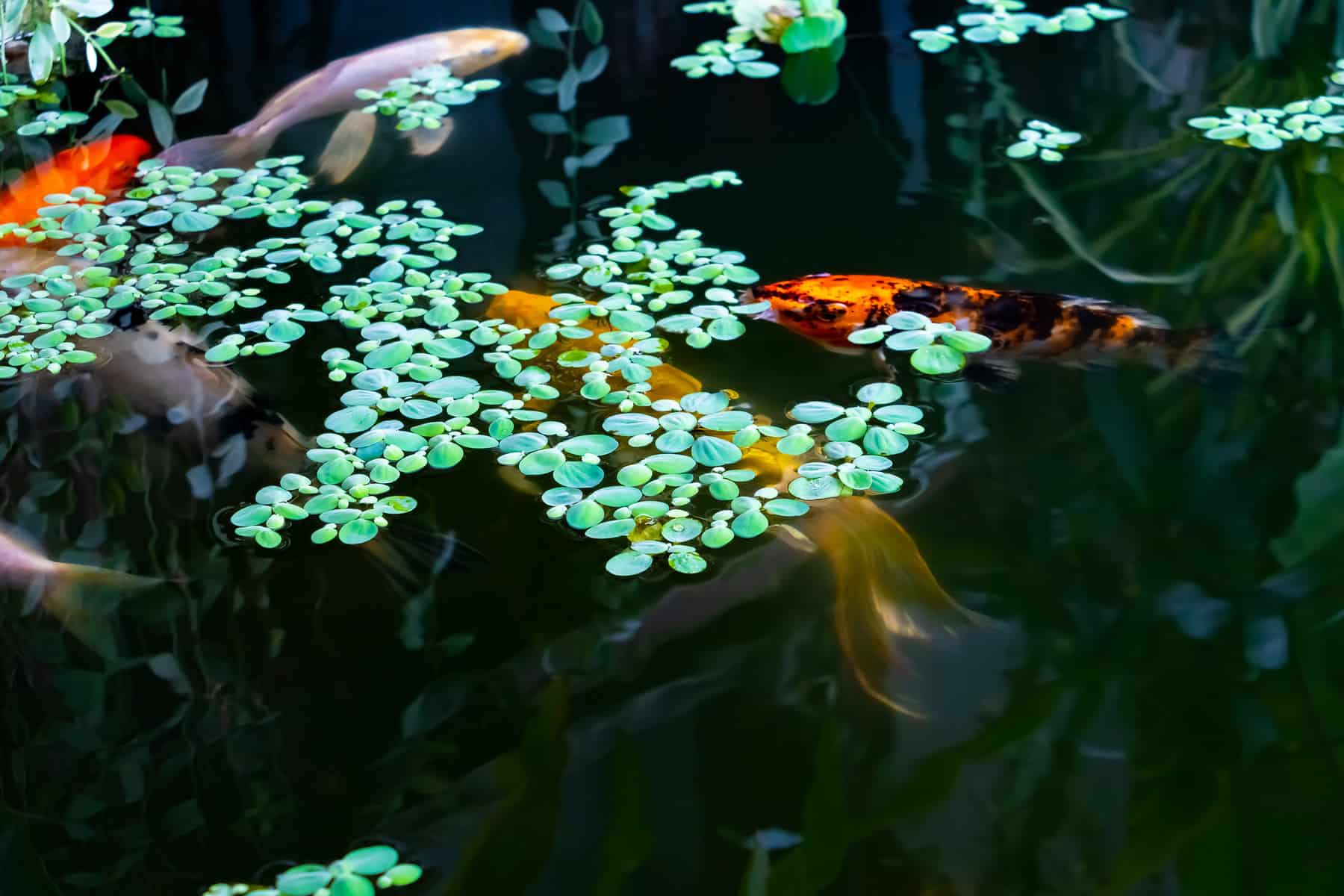
Conclusion
Do goldfish eat duckweed? Yes! Goldfish love this aquatic plant. It’s full of nutrients and easy to cultivate. Duckweed grows fast and provides a steady food supply for your fish. Plus, it boosts their immune system and makes their scales shine! Give your goldfish the benefits of duckweed. They’ll be super healthy and colorful. Start growing it now and see the positive results. Don’t forget to treat your fish with this nutritious delicacy – they’ll be so thankful!
Frequently Asked Questions
1. Can goldfish eat duckweed?
Yes, goldfish can eat duckweed. In fact, duckweed is a nutritious and natural food source for goldfish and is often included in their diets.
2. Is duckweed safe for goldfish to consume?
Yes, duckweed is safe for goldfish to consume. It is a healthy and easily digestible food option that provides essential nutrients for goldfish.
3. How much duckweed should I feed my goldfish?
The amount of duckweed to feed your goldfish depends on their size and the number of goldfish you have. As a general guideline, you can offer a small handful of duckweed per goldfish once or twice a day.
4. Can goldfish eat only duckweed as their primary diet?
No, goldfish should not rely solely on duckweed as their primary diet. While duckweed is a nutritious option, it should be supplemented with other foods like pellets or flakes specifically formulated for goldfish to ensure a balanced diet.
5. Where can I find duckweed for my goldfish?
Duckweed is commonly found in ponds, lakes, or aquariums with good water conditions. You can also purchase it from pet stores or online retailers that specialize in aquatic plants.
6. Can duckweed be harmful to my goldfish?
In general, duckweed is not harmful to goldfish. However, it is important to ensure that the duckweed is obtained from a clean and uncontaminated water source to avoid introducing any harmful pollutants or toxins into your goldfish tank.
